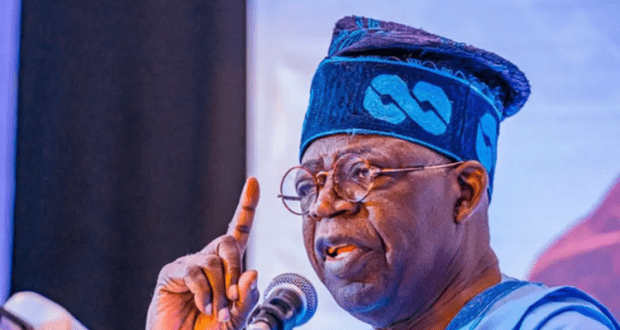The federal government recently inaugurated a 37-member tripartite national minimum wage committee with a directive to ensure that their decisions are rooted in social justice and equity. That, in our view, is noble even if naïve. Furthermore, the committee was directed to work out modalities that will guarantee the sustainability by all tiers of government with regard to the ability of the parties to pay the new wage. We need to interrogate previous wage increases especially their implementation.
From this directive by President Bola Ahmed Tinubu himself, it is obvious that the government is more interested in the wage issue as it affects workers in the public sector. A very wrong approach. Ordinarily, we should have nothing against any move by that sector’s employers to busy themselves with only the welfare of those on their payroll.
But the snag, in our opinion, is that Nigerians in the private sector are, inexorably, affected by happenings in the economy as it relates to the cost of living. Also affected are those in the informal sector who expect the government to put into consideration their welfare and how they are expected to cope with the fallout of any wage increase in the formal sector.
Already, the parties demanding adjustments in the wage structure are bandying figures that seem, in our view, rather unrealistic by virtue of the fact that, and based on past experiences, such increases in remunerations have perceptibly been essentially paper tigers with little or no effect as implementation gets bugged down by other political trivialities.
In previous editorials on this matter of wage adjustments, we had argued that what is needed is not an upward review of take-home pays. We had stated and will continue to insist on our position that wages are only a factor in the overall welfare package of an average worker. It is on record that no matter the amount paid to a wage earner at the end of the month, it hardly ever takes him or her home comfortably.
We had, in those editorial outings, urged the government to look into other components of the welfare of all Nigerians and not that of the wage earners alone. The actual problem is not only the money in the pocket but essentially what it can afford.
That brings us to the urgency of restructuring and rebuilding the economy in a manner that will scale down, reasonably, the cost of living generally and in a manner that the money workers receive at the end of the month, though not enough, will take them up to a point while at the same time not torpedoing the interest of those not in wage employment.
In our considered opinion, no matter the amount workers receive at the end of the month, it will not be impactful on their livelihood if the cost of living continues to experience an upward swing. Instead of wasting valuable time putting in place a wage structure that will be sabotaged by politicians, the desirable effort should be concentrated on building an economy that works for all.
It is imperative to draw the government’s attention to the cost of transportation which is determined by and securely in the hands of private operators who, factoring in the deplorable road infrastructure as well as the incessant hike in fuel prices, insist on maximizing their incomes. In the absence of a reliable public transportation system, the budget of the wage earner for transport to and from work will remain high if not unaffordable. And that is regardless of how much they receive from the government as wages.
In the health sector, Nigerians, in paid employment or privately engaged, have no reliable public health facility to fall back on in times of need. The few public hospitals compete with the private ones with regard to the cost of their services.
Similarly, government officials consistently recycle the platitude that the nation has in excess of 16 million housing deficit without doing anything tangible to ameliorate it. In the education sector, the government has literarily ceded schools, at all levels, to the private sector with all the cost implications.
It is no secret that businesses operate as if there is no government in place as they have to be their own government providing all the facilities they need, from access roads to water, electricity and all. The government remembers them only when it comes to paying taxes for services not rendered.
All these economic disincentives create challenges that confront the economy, in particular, the value of the money the worker is being paid as wages. The government ought to be well advised to focus its attention on measures to make the economy work. It must necessarily incentivize Nigerians to be productive. That, in our opinion, is the way to go if we must have a workforce that is stimulated enough to play their role in building the nation of our dream. Otherwise, wage review or increase will remain what it has always been- a hollow ritual that brings more pain than comfort.
(LEADERSHIP)
 Newsfront Online …Telling the Public as it is
Newsfront Online …Telling the Public as it is




